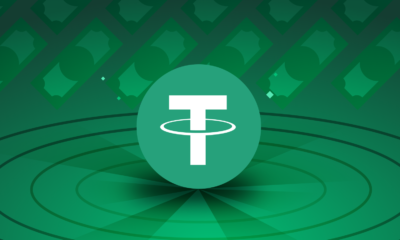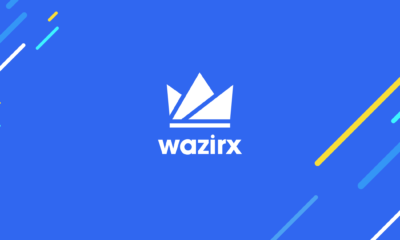Business
Aussies lost $122 million to crypto scams in the last 12 months
-

 Business1 week ago
Business1 week agoBitcoin mining stocks rocket 24% on macro climate, AI play: Analyst
-

 News1 week ago
News1 week agoFTX estate sues KuCoin to recover over $50M in assets
-

 Business1 week ago
Business1 week agoBhutan gov’t moves $66M of Bitcoin stash to Binance as price tops $71K
-

 Business1 week ago
Business1 week agoGemini crypto exchange receives preliminary approval in Singapore
-

 Business1 week ago
Business1 week agoApple rolls out Apple Intelligence, but fails to wow AI crowd
-

 Business1 week ago
Business1 week agoMeta is reportedly building its own AI-powered search engine
-

 Business1 week ago
Business1 week agoBitcoin hits $70K amid huge ETF inflow streak
-

 Business1 week ago
Business1 week agoCoinbase to sponsor NBA team in aftermath of FTX collapse































